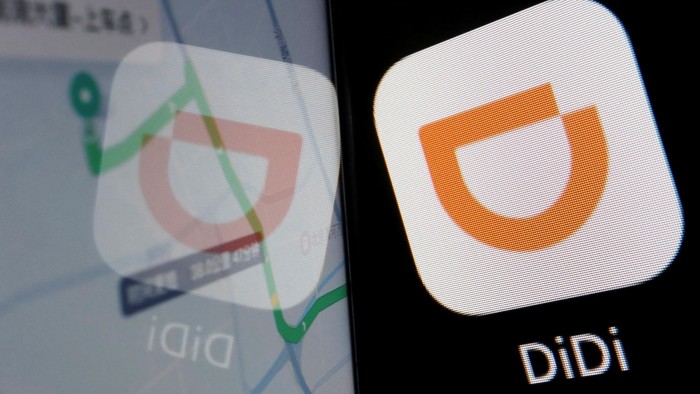Why Xi Jinping changed tack in his crackdown on Didi


Roula Khalaf, Editor of the FT, selects her favourite stories in this weekly newsletter.
Xi Jinping is not the first populist to push policies that undermined the interests of his most devoted supporters. The Chinese president’s regulatory assault on big job creators in the technology and real estate sectors over the past year is a classic of the genre. Donald Trump enjoyed staunch support from white working-class voters even as his economic and tax policies disproportionately benefited rich elites.
It took an election to rid the US of Trump’s policies, an indignity that Xi will not have to suffer because the Chinese Communist party congress will rubber stamp an unprecedented third five-year term in office for him this year. But even presidents-for-life have to contend with economic reality when that reality starts to bite, as evidenced by the end of Didi Chuxing’s year-long purgatory.
On Thursday, China’s leading ride-hailing group was fined Rmb8bn ($1.18bn) by the cyber space regulator for data security violations. The punishment, which also included fines for Didi’s top two executives, is expected to pave the way for it to resume signing up new customers and list shares on the Hong Kong stock exchange.
Like many populist policies that later blow up, Xi thought that preventing Didi from signing up customers by suspending downloads of its app was a good idea. The group, which employed 13mn drivers in China before the crackdown, had embarrassed him by rushing through a $4.4bn initial public offering in New York on the eve of the party’s centenary last summer.
Reining in China’s largest private-sector companies fit nicely with his larger campaign to promote “common prosperity” in one of the world’s most unequal societies. It also helped that there is no political opposition or independent media to expose the downsides of Xi’s campaign to a public that supports his long-running anti-corruption campaign and willingness to stand up to the US.
But not long after Didi’s humbling last year, it became evident that China Evergrande, one of the country’s biggest and most indebted real estate developers, was heading for default, sending shockwaves across the world’s second-largest economy.
Now Xi’s lieutenants, led by Premier Li Keqiang and Liu He, vice-premier, must deal with the even bigger economic consequences of the rolling zero-Covid lockdowns he has ordered to contain the Omicron variant. Allowing Didi to sign up more customers and creating demand for more drivers seems like a very good idea after economic growth slowed to just 0.4 per cent year-on-year in the second quarter and youth unemployment stands at a record 19.3 per cent.
Li, Liu and municipal party bosses across the country will welcome Didi’s release from purgatory. The group’s jobs were so coveted that many cities crafted rules to ensure that they could be filled only by local residents rather than migrant workers.
Xi’s change of tack on Didi, however, does not represent a course change away from his larger common prosperity agenda. Last month, China’s finance ministry pledged that it would “improve fiscal and taxation systems to promote common prosperity”.
In addition to paying a hefty bail to get out of jail, Didi has already abandoned its unpatriotic listing on the New York Stock Exchange. As usual, Xi got what he really wanted.
Comments